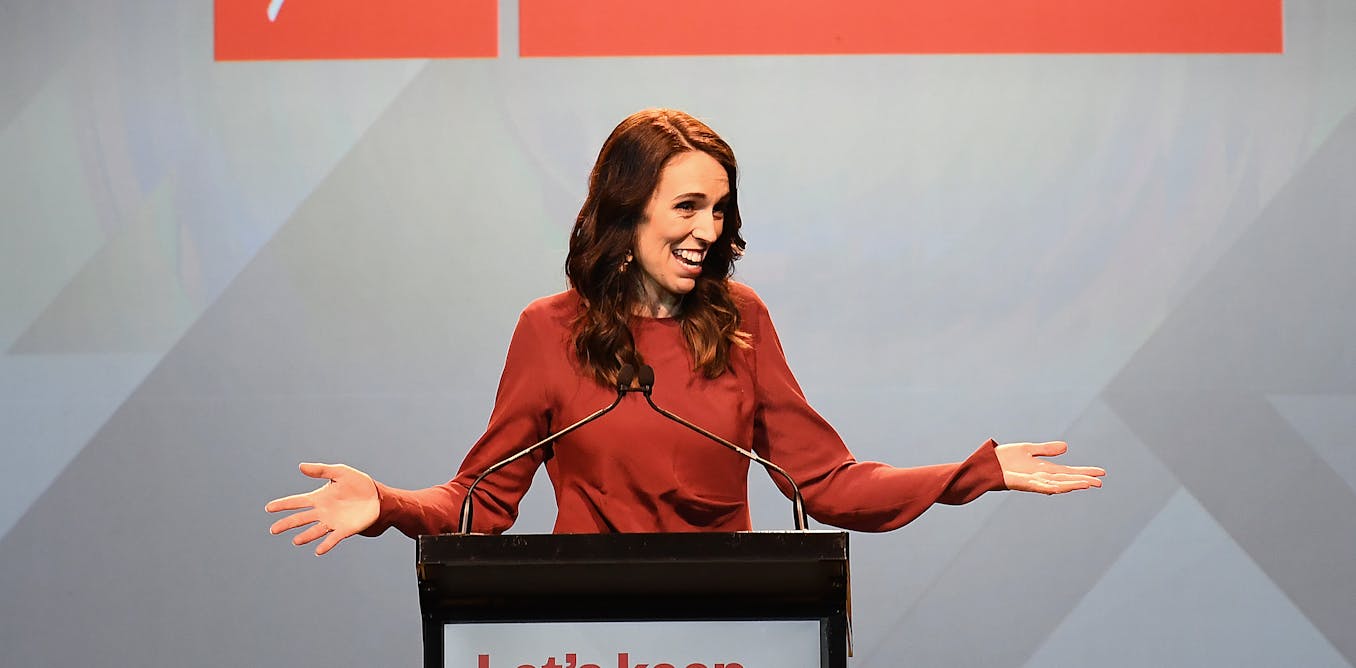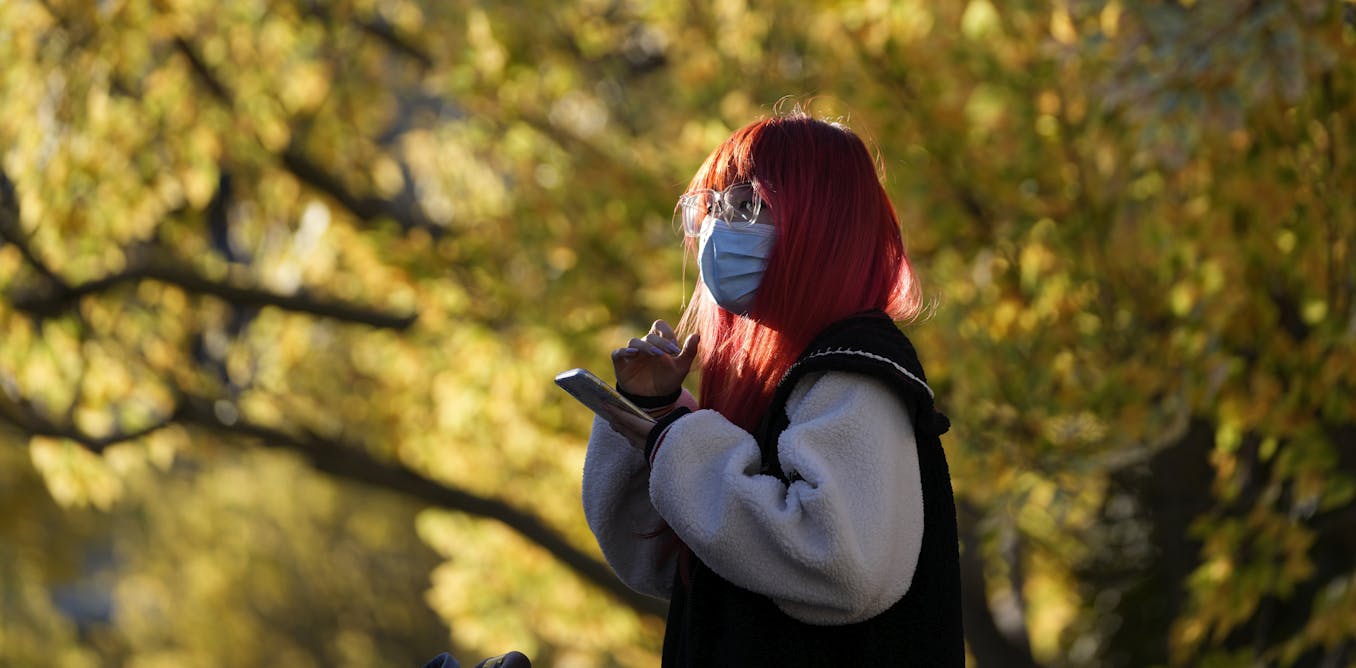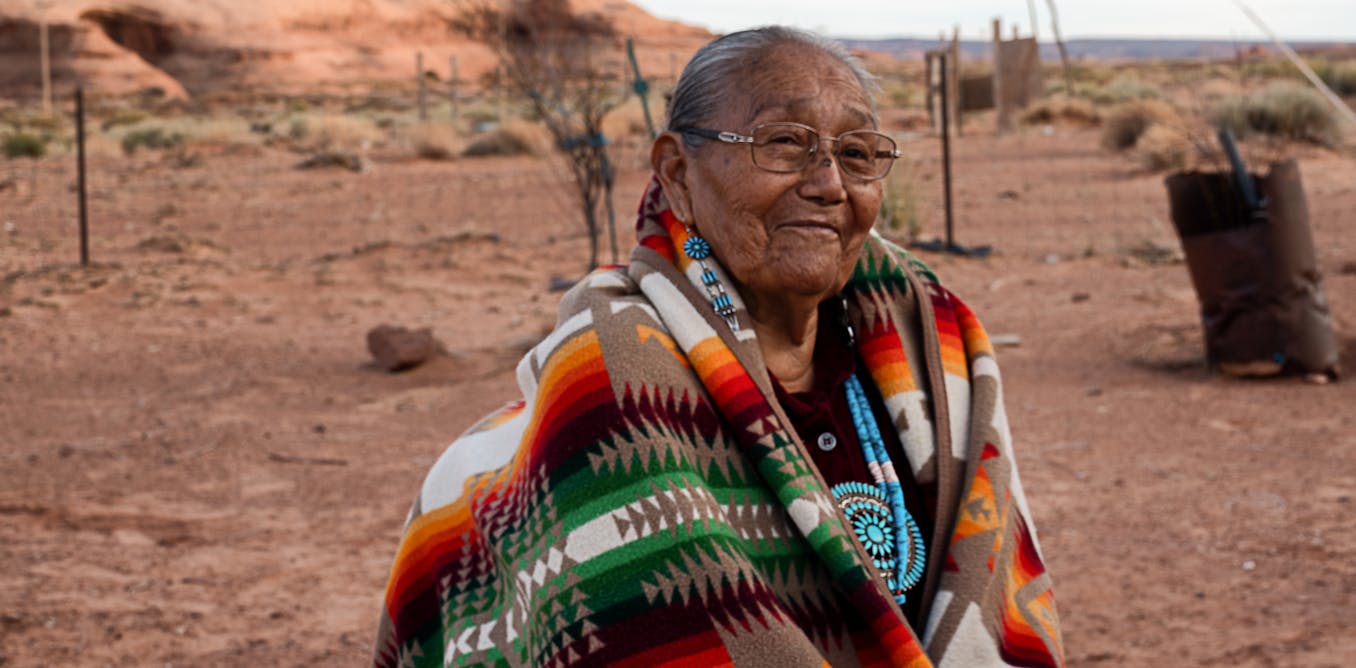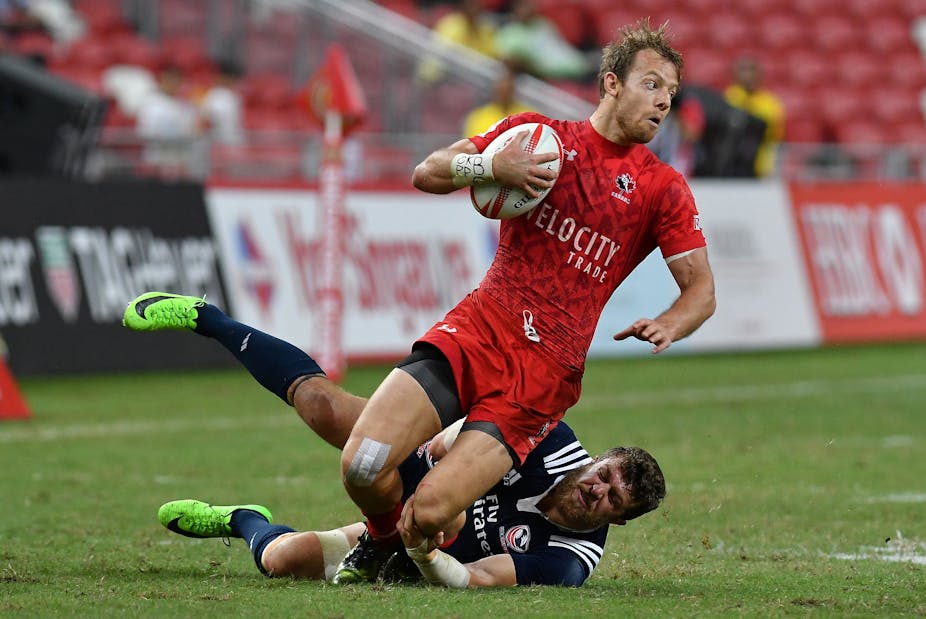Football’s Darkest Secret: why many sexual abuse victims' complaints were left off charge sheets
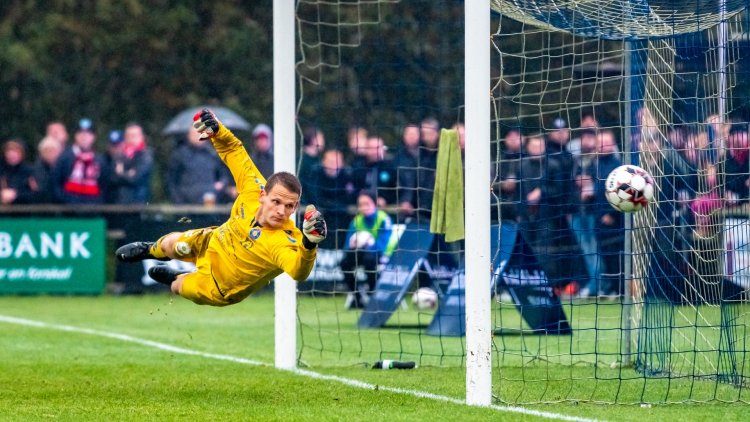
Ailish Saker, University of Oxford
It’s now almost five years since ex-professional footballer Andy Woodward first waived his anonymity to speak out about the abuse he suffered as a child. His decision to come forward broke the silence that had long plagued football, resulting in a surge of disclosures of non-recent child sexual abuse across numerous professional and grass-roots clubs, including Manchester City, Chelsea and Newcastle United.
Over the past week, this abuse in football returned to public attention with the release of barrister Clive Sheldon’s long-awaited inquiry report into the scandal. It found the Football Association (FA) to be culpable of “institutional failures” in its responsibility to keep players safe, with a number of clubs being shown to have ignored allegations and rumours surrounding coaches and scouts in their organisations.
A few days after the report’s publication, the BBC began broadcasting a three-part documentary series titled Football’s Darkest Secret. It explores sexual abuse in youth football and the aftermath of the disclosures coming to light. Victims and survivors powerfully share their experiences of abuse and the subsequent impact it has had across their lives.
Since 2016, a number of youth coaches and scouts have been convicted and jailed for the sexual abuse they committed against boys in their care. Hundreds of courageous individuals disclosed to the authorities, with a number also waiving their anonymity to speak publicly about the abuse they suffered as young players.
The BBC documentary explores the criminal cases of three key perpetrators in the game, highlighting the complexity of investigating and prosecuting such cases. My ongoing research (not yet published) explores the experiences of these victims within the criminal justice system. Many victims and survivors aren’t only faced with the impact of their abuse, but also the pain caused by the justice system itself.
Complaints vs charges
For the purposes of this piece, I’ve explored just one area that was touched upon in the BBC documentary: the number of victims taken forward to prosecute an offender in these cases. This was most evident in the case of Barry Bennell, the former football coach whose sexual abuse of young boys spanned decades.
Despite over 100 victims making reports to the police, charges were only brought for 12 victims in 2018 and a further two in subsequent proceedings in 2020. The senior investigating officer in charge of the case highlighted the reason for this decision in the documentary:
We took advice very early on from legal counsel with regards to what a prospective trial should look like; their advice was very clear. We should limit the number of victims represented at any one trial to anything between 10 and 14. It was our counsel’s view that a jury would really struggle to maintain concentration and to maintain the degree of inquisitive interest that they would require in this case if it was above that number.
Even so, higher numbers of victims were taken forward in other cases of abuse in football shown in the documentary. In former football coach Bob Higgins’ case, 24 victims were taken forward in 2019, while 18 were included in the prosecution against George Ormond in 2018.
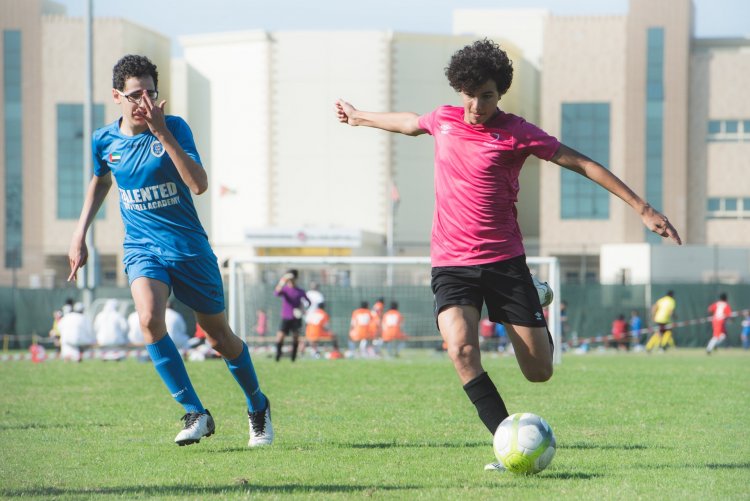
Of course, each case has its own complexities, and the decision by prosecutors can be dependent on various factors. However, it’s not clear how the jury’s level of concentration would differ across each of these trials, which raises the question: why weren’t more victims taken forward in the case against Bennell?
Jury concentration
If a jury’s ability to concentrate is being used as the criteria for deciding the number of cases brought forward, there should be more consistency (were the jurors in the Bennell trial less able than those in the Higgins case, for example?). Regardless, it’s worrying that jurors’ level of focus is being used to deny victims the opportunity to see justice done in their individual cases, despite having come forward to the police and potentially exposing themselves and their families to more trauma in the process.
It’s also important to note that final charges in the Bennell case were only brought in 2020, which presumably meant that many victims had to wait four years to then be unquestionably told their case was not being taken forward. As my findings revealed, the impact of this has been devastating for victims and their families.
It risks reinforcing the barriers which initially stopped them disclosing their experiences, specifically the fear of not being believed. Although these victims didn’t appear in the documentary, they shouldn’t be forgotten. This disparity needs to be addressed in the criminal justice system, with closer attention paid to growing numbers of mass disclosures of non-recent and contemporary abuse in society.
As a result of the Sheldon report, discussions have rightly focused on the failings of both the football authorities and clubs in protecting players. However, the role of the law and criminal justice system also needs to be examined to stop further re-traumatisation and distress. By listening to victims and survivors, we can better understand how the criminal justice system should both adapt to improve the experience for complainants and provide justice for as many victims as possible.
If you have been affected by any issues in this story or need support and information, contact: National Male Survivor Helpline or the NSPCC’s dedicated helpline for football survivors.![]()
Ailish Saker, PhD Candidate of non-recent child sexual abuse in football, University of Oxford
This article is republished from The Conversation under a Creative Commons license. Read the original article.
What's Your Reaction?





















